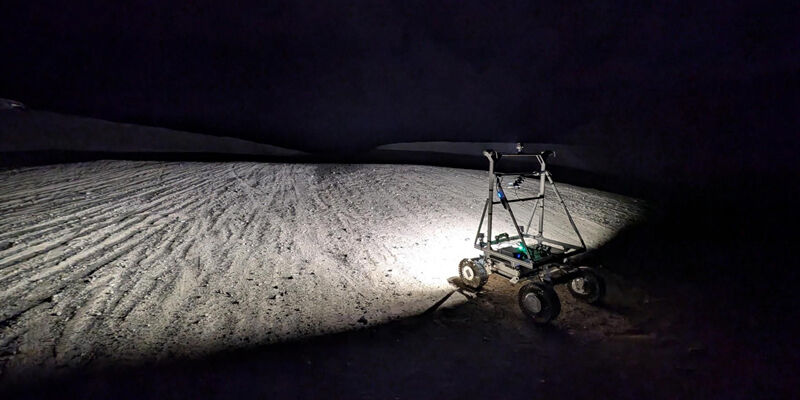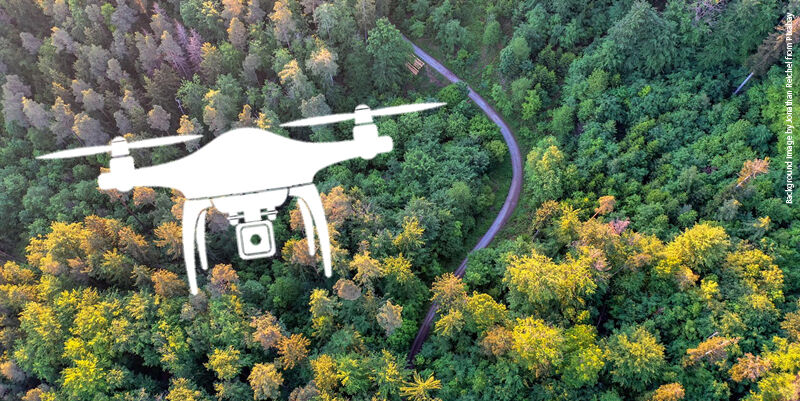Imagine a natural disaster has just devastated a city. An emergency operations centre (EOC) is established through which all emergency service logistics are co-ordinated. The need to understand where existing resources are located so that they can be effectively allocated is critical to running an EOC effectively. Having knowledge of potential hazards, access points, routes, weather alerts and many other factors creates a very dynamic environment for the emergency manager. Emergency response starts with a map. â©
Location is the key decision support variable in emergency response and getting access to the right data at the right time to the right responders is critical to the effective and efficient deployment of emergency services. However, all too often the data is owned (or managed) by multiple jurisdictions and commercial organisations at the local, state, and national levels. The geographic data are often stored in different formats using different information models and schemas, and use various symbols for display. These data must be provided quickly and in most cases need to be ‘fused’, whether manually or automatically, to provide a common operational picture and/or a situational-awareness presentation of the status of the event and related response activities.â©
This need to provide better, faster, more relevant location-based data could easily be applied to any number of additional scenarios, including business decisions and preventive analysis. Such scenarios, broken down into specific workflows and use cases, provide the specific interoperability requirements that domain groups bring into the OGC to guide development of standard interfaces, encodings and best practices. These open standards, when implemented in software products and online services, benefit the global geospatial community.â©
A more powerful domain working groupâ©
Decision-makers need interoperable access to distributed geospatial web resources to aid in forming, analysing and selecting alternative courses of action. This need for access to diverse resources is a very important driver in advancing the broad use of services that implement OGC standards. â©
Within most of the OGC domain working groups (DWGs), there is a heavy concentration on defining requirements and best practices for discovery and access, through interoperable interfaces, to various geospatial data sources and geospatial data types. Although this is certainly a necessary part of interoperability, different categories of end users have different requirements for integrated environments that help them make better and faster decisions. Open standards enable integration of diverse resources, but many factors need to be considered in developing integrated solutions for particular needs. â©
Since 2003, the participants in the OGC decision support DWG have brought ideas and concerns into the consortium regarding the fusing of the right data at the right time to make the best decision. This group has spawned more narrowly focused OGC groups, including the emergency & disaster management and the law enforcement & public safety DWGs.â©
In 2011, geospatial business intelligence (GeoBI) was identified as a major focus area for OGC standards-related activities. GeoBI refers to the complex analytics regarding geographic information as it relates to business strategy and operations. Increasing the uptake of OGC standards in the location intelligence marketplace and within the business enterprise can be a basis for improved decision-making and opportunities for broader use of products that implement OGC standards.â©
Recently, the OGC members decided to combine these two groups – GeoBI and decision support – into a single group in order to take advantage of the power of business intelligence analytics and fusing of data through decision support. This group will be called the OGC business intelligence and decision support (BIDS) DWG. The primary focus of this working group is to help the decision-maker gain access to tools and data in an integrated environment that enables more responsive decision-support with less uncertainty. This DWG’s interests address the need for easy integration of geospatial data models and analytics (including ‘big data’) into data warehouses, analytics and client-side statistical visualisation tools. â©
Key activitiesâ©
The key activities of the BIDS DWG are:â©
Raising awareness and building relationships – Focusing the attention of experts in both the geospatial and BI industries on the problems and issues of location-aware BI and decision-support. The group mediates communication within the target audience and arranges an OGC presence at BI conferences and events.â©
Identifying use-cases – Identifying scenarios that could be made more efficient and effective through the use of various web services, as well as documenting the requirements of the user community and flowing them back to the appropriate OGC working groups for consideration and action.â©
Developing standards – Cultivating technical solutions that support interoperability concepts, data definitions, formats and services for publishing, discovering, and exchanging information. Also included are the design and coordination of demonstrations and pilots that promote technical approaches to business data management and exchange within the context of the OGC suite of technologies, including the development of standards profiles and application schemas for GeoBI.â©
Because the effort of this working group overlaps with the specialised domains of other working groups, the BIDS DWG works closely with these other OGC groups and collaborates as appropriate. â©
BI and decision-support benefit from the OGC’s increasingly wide spectrum of spatial interoperability activities and associations. Sensor fusion, indoor/outdoor navigation, augmented reality, geosemantics and other standards development domains advance through the OGC’s testbeds, pilot projects, interoperability experiments, and the participation of staff and members in industry forums, workshops and councils. The BIDS DWG provides a unique venue for members to learn about the issues and capabilities that arise from this rich and dynamic mix of activities.â©
The BIDS DWG provides a unique venue for members to learn about the issues and capabilities that arise from this rich and dynamic mix of activities.â©
Stan Tillman is a software scientist at Intergraph Corporation (www.intergraph.com)
Subscribe to our newsletter
Stay updated on the latest technology, innovation product arrivals and exciting offers to your inbox.
Newsletter

